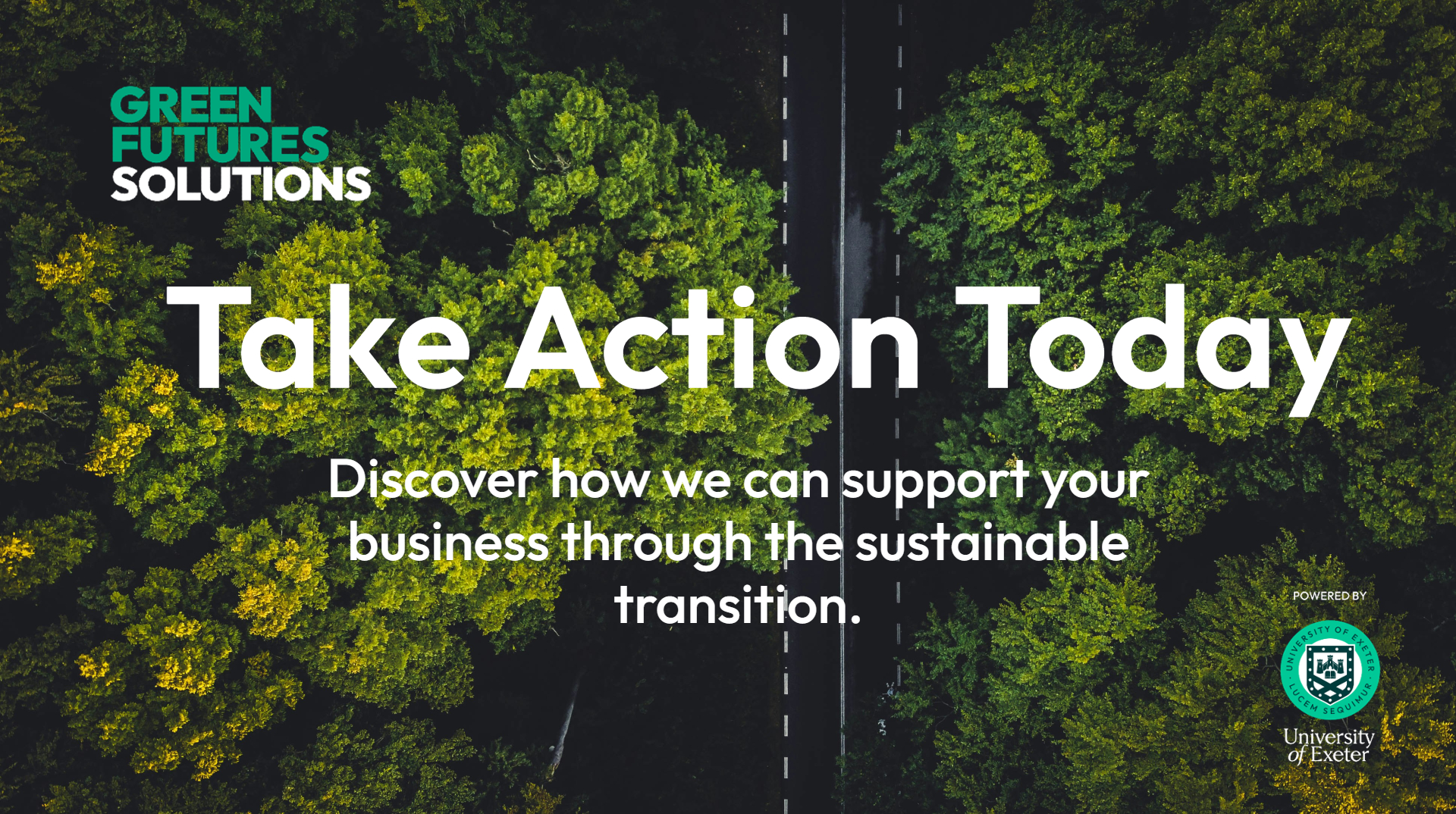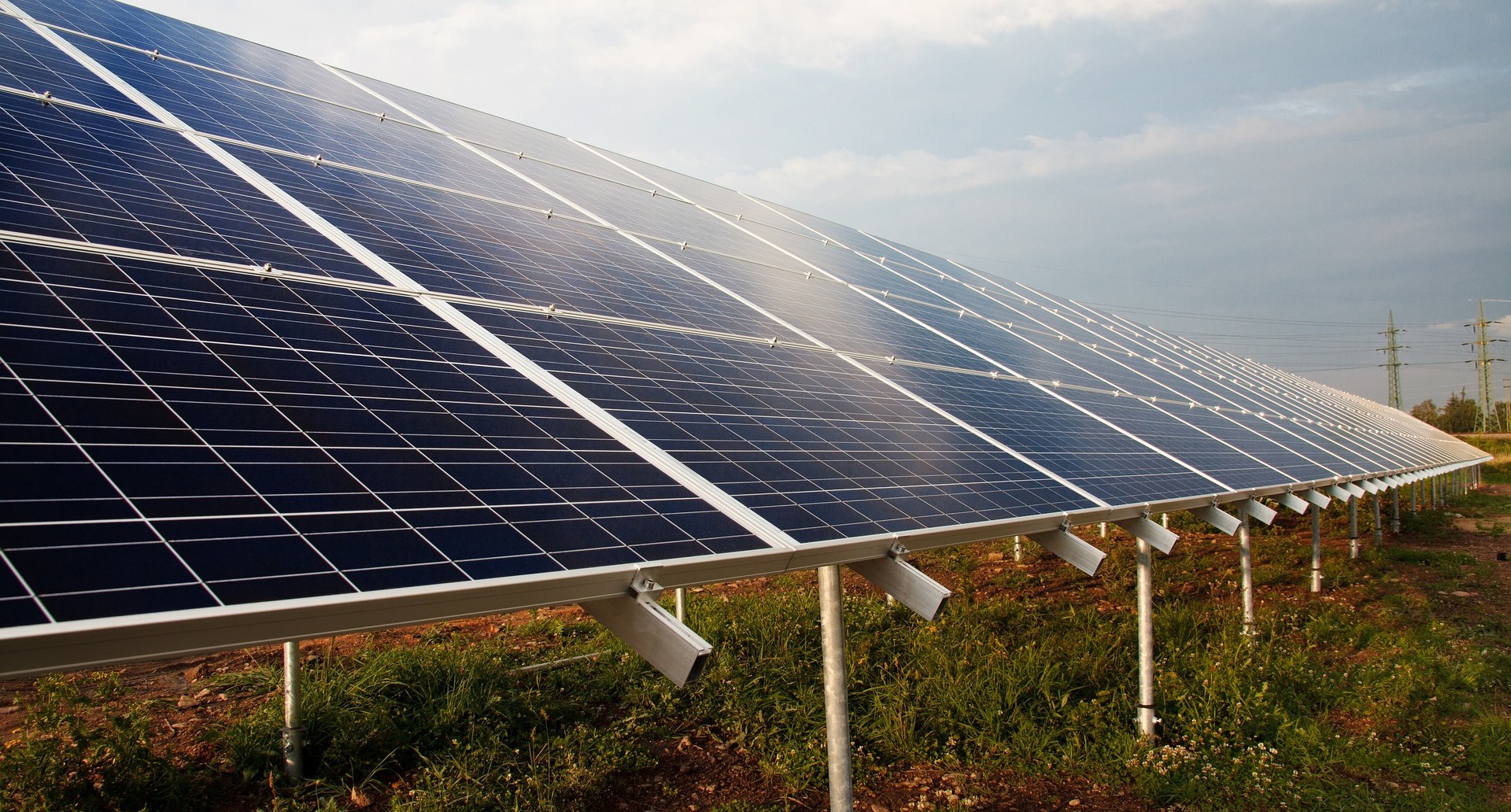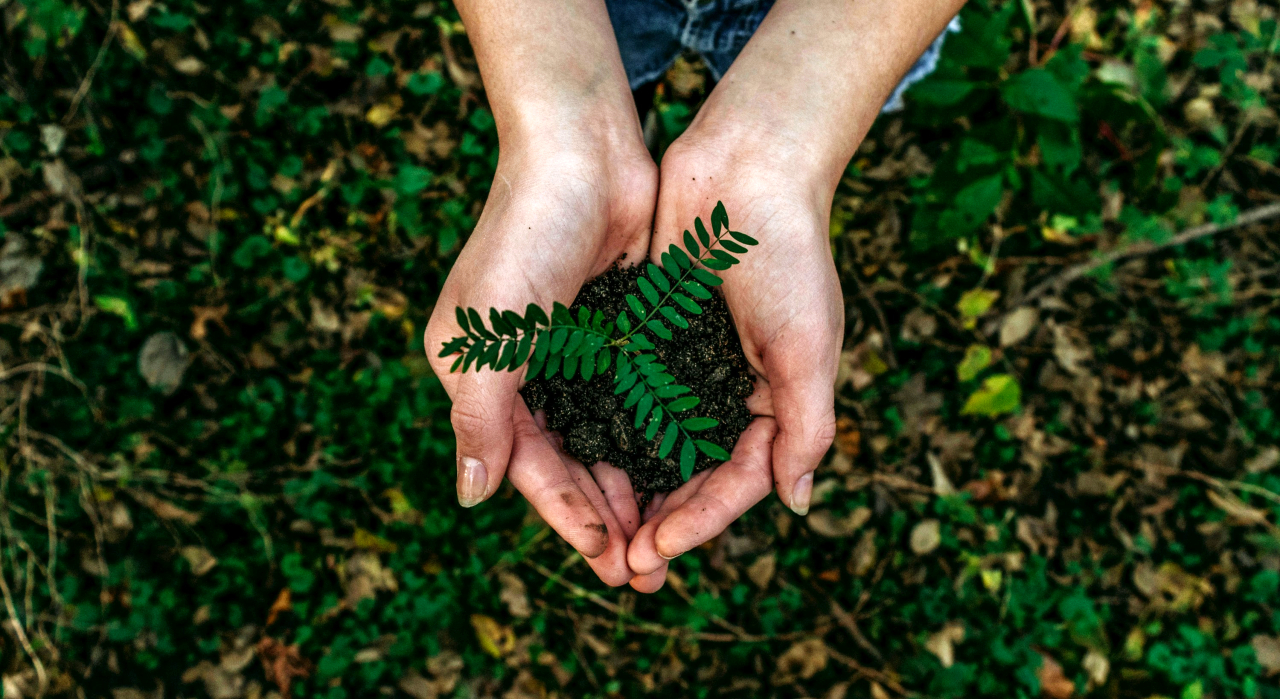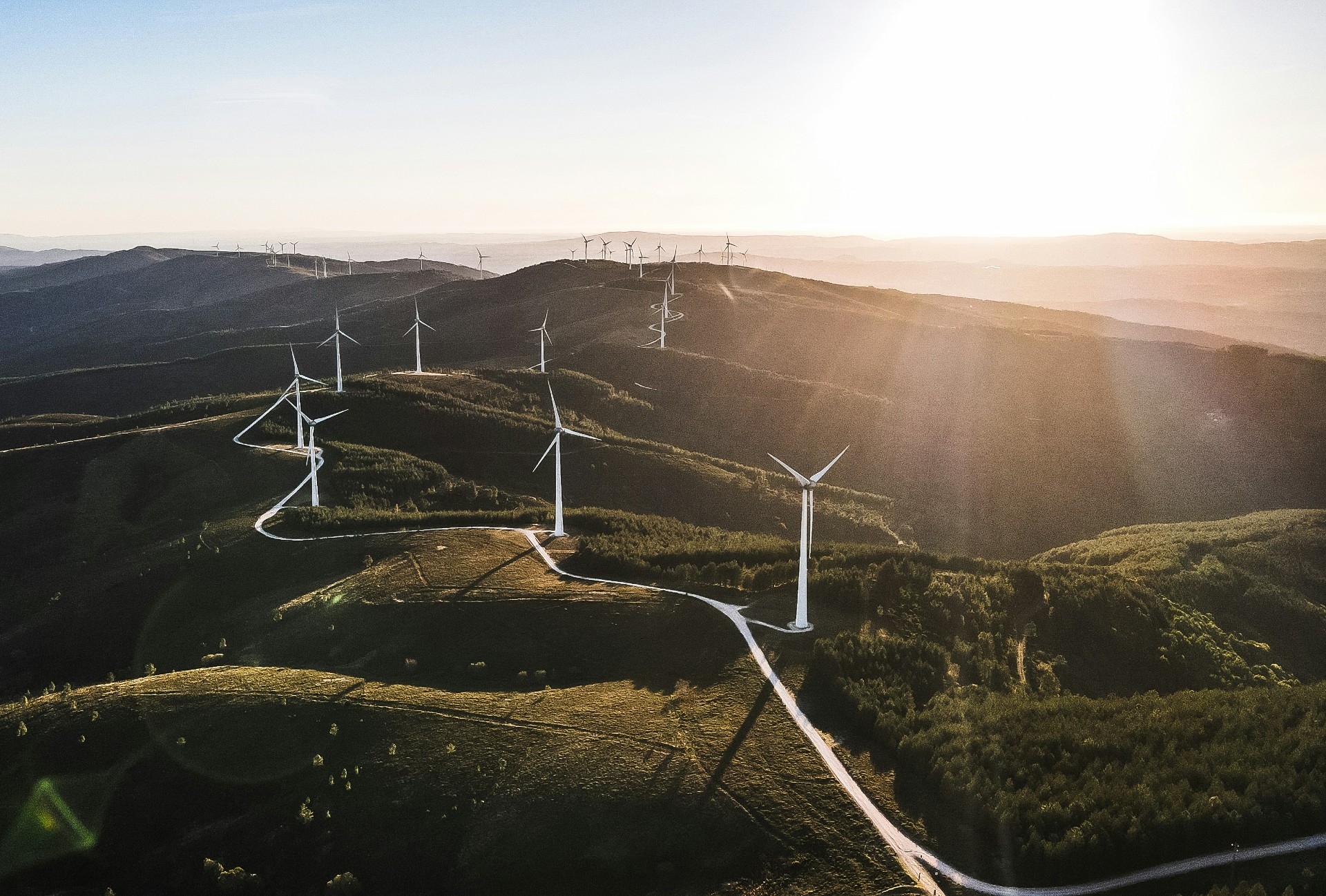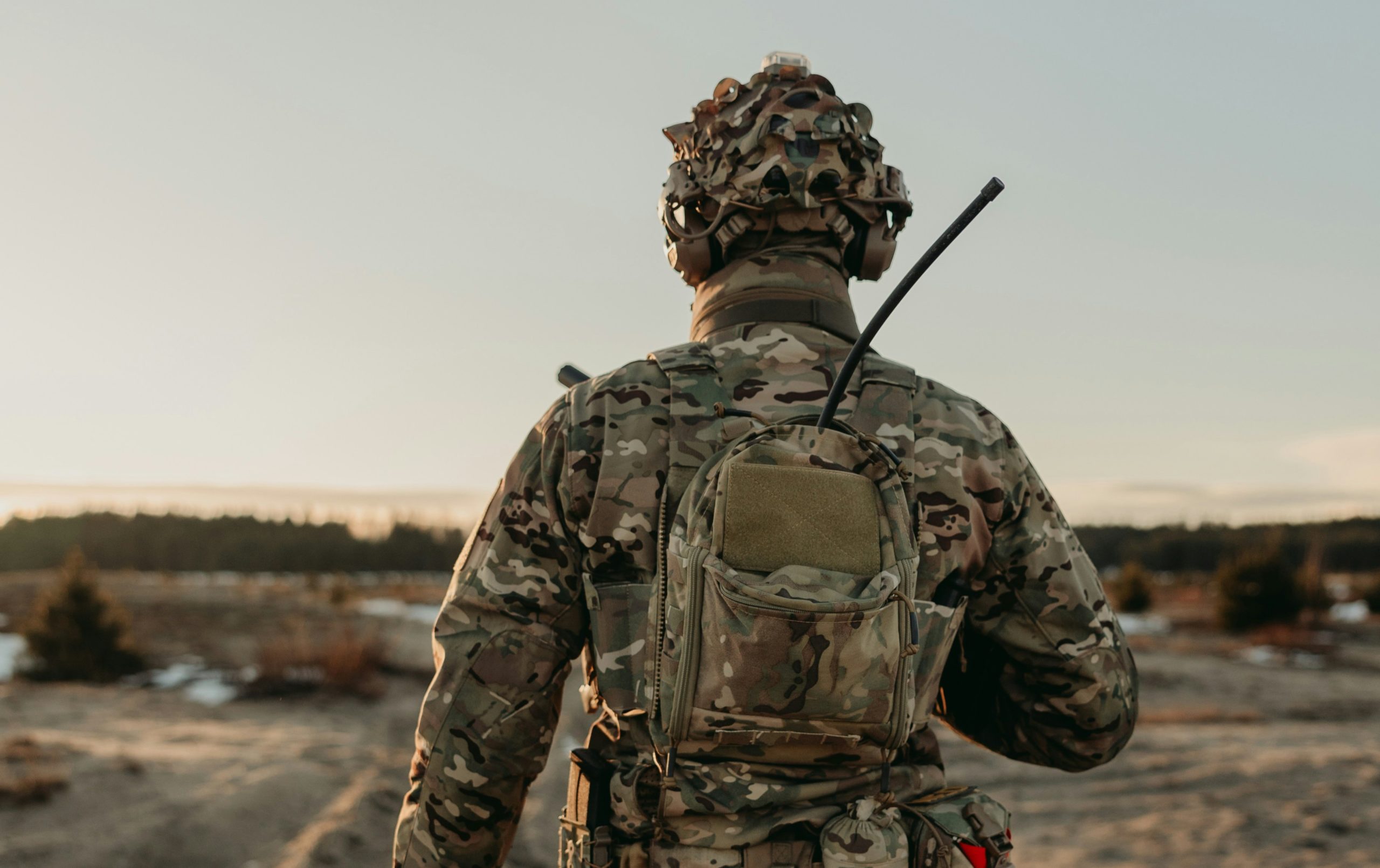Blog
What are ‘critical minerals’ and how can they support the renewable energy transition?
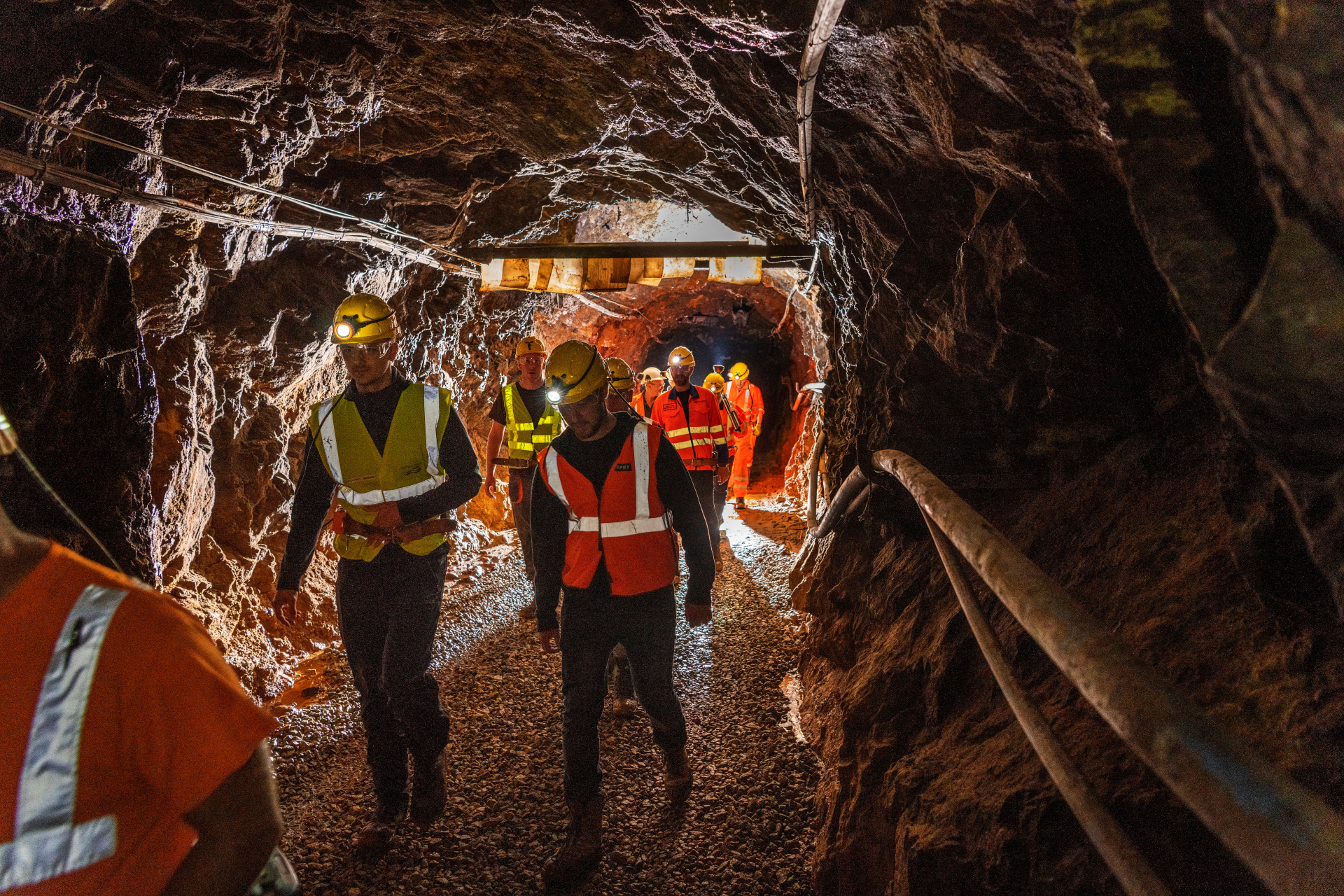
As global demand for renewable energy ramps up, the demand for critical materials is growing rapidly. The technologies that produce, and store, energy from wind and solar rely on some key components – known in the industry as critical minerals – that countries and companies will need to acquire, as they look to transition to low-carbon energy.
However, with demand growing at an unprecedented rate, there are some key challenges for the mining sector that extracts these critical minerals – from ensuring they are secured responsibly and with low environmental impact, to recycling used minerals back into the supply chain wherever possible.
In this article, we hear from Dr Rob Fitzpatrick and Dr Mohammad Hadi Mohammadi, two Critical Minerals experts from the Camborne School of Mines, about how the southwest is well positioned to respond to some of these challenges and boost sustainable practices in the UK and overseas.
Just how critical are critical minerals?
Critical minerals are essential to our future green economy. According to Dr Rob Fitzpatrick, “Currently, some estimates suggest up to 45% of the global economy is reliant on mining. Transitioning to renewable energy requires far more materials than traditional coal power plants, although they drastically reduce carbon emissions. Despite recycling and reducing demand, the need for critical minerals will continue to grow, especially as countries develop and move towards low-carbon energy solutions.”
Can recycling these minerals help?
Absolutely, say the researchers. Establishing a circular economy through which these valuable critical minerals are recycled and reused is key to meeting demand long into the future. However, recycling is challenging – and needs innovation to be done effectively.
“Some [minerals], like aluminium and copper, have high recycling rates,” says Rob, “while others, used in smaller quantities or embedded in complex technologies, are harder to recycle.”
That said, new innovations are developing all the time, making it easier to reuse metals in technologies and devices that have traditionally been difficult to extract from. “For instance,” Rob says, “the Royal Mint is working on extracting more gold from mobile phones”.
But while recycling innovations are important for ensuring the most efficient use of critical minerals, our renewable energy future will involve more mining these metals as global demand outstrips supply.
How can the southwest source critical minerals for the UK?
The Southwest is a key area for critical minerals in the UK, says Dr Hadi, “particularly for lithium, copper, tin and tungsten.” But for the region to fully realise its potential, businesses need support. Access to advanced technology and resources – such as state-of-the-art hydrometallurgical and analytical equipment –will be provided by critical minerals equipment hub, along with workforce educational programmes to teach best practice for responsible mining and recycling, are essential.
What innovations are helping to support mining businesses in the region?
A new Critical Minerals Equipment Hub, based in Camborne School of Mines and funded by £4m from the Shared Prosperity Fund, is aiming to tackle these needs head-on. “By providing high-end equipment and services to various sectors include mineralogy, tailing processing, mineral processing, tailings technology, RD&I, education consultancies, and extraction companies,” says Dr Hadi, “we can avoid parallel investments and promote job creation, enterprise support, and the development of startups, enhancing the region’s capacity for critical mineral research and exploration.”
The hub is also run with a core group of local stakeholders from the minerals industry, to help ensure its agility and responsiveness to the needs of local and regional stakeholders.
What are the implications of this work on an international scale?
These innovations, along with the education and research on responsible mining that is coming out of Camborne, can create ripple-effects further afield.
For education, Rob says, “our focus is on postgraduate programs that emphasise responsible extraction, training graduates to apply their skills in the mining industry [both in the south-west and internationally]”.
One example of this impact is Minviro, a start-up consultancy founded by former PhD student Dr Robert Pell, which helps mining firms across the globe to quantify and reduce their environmental impacts. The company has completed 200 projects across 46 countries since it was first founded in 2019.
A key aspect of Camborne School’s impact on the international scene, Rob concludes, should come from leading responsible mining in the southwest. “As the region aims to develop best practices for critical mineral extraction –reducing the environmental footprint of lithium mining, for example – techniques developed here can set world-leading standards, demonstrating that mining can be both efficient and environmentally conscious.”
More Information
The Camborne School of Mines is one of the most reputable mining schools in the UK, existing for over 100 years and partnering with the University of Exeter since 1994. The School’s new Critical Minerals Equipment Hub, funded by the Shared Prosperity Fund, provides state-of-the-art hydrological and analytical equipment for research to benefit students, local companies, and private sectors involved in mining.
Dr Rob Fitzpatrick is a Senior Lecturer in Minerals Processing at the Camborne School of Mines whose research expertise focuses on the physical separation of minerals, and related modelling and simulation techniques (such as CFD-DEM).
Dr Hadi Mohammadi is a Visiting Fellow at the Camborne School of Mines whose research expertise includes: geo-resources analysis (mining, minerals, geothermal energy, soils), environmental intelligence and remote sensing, and developing state-of-the-art laboratories.
This article was developed from a conversation between Dr Rob Fitzpatrick, Dr Hardi Muhammad and Paul Philpott, Vice Chair of Devon and Plymouth Chamber of Commerce, as part of a podcast series at the SW Innovation Expo 2024. Watch the full conversation on YouTube here. A podcast version is available on Spotify and Podbean.
Related
Exeter Innovation
We are the trusted partner in transformative innovation, empowering organisations across the globe to make ecologically responsible decisions – for today and for future generations.


